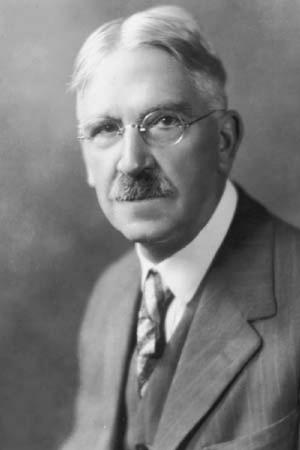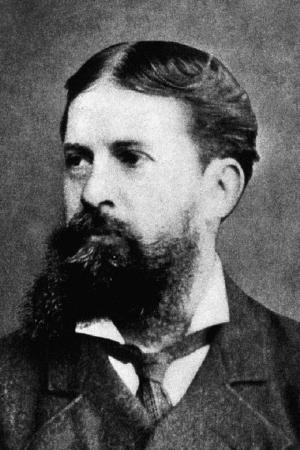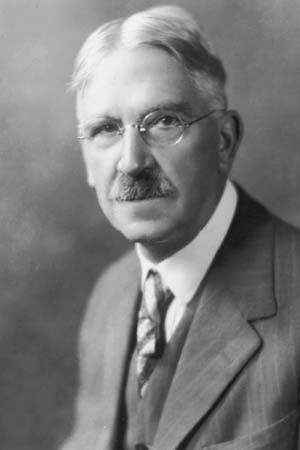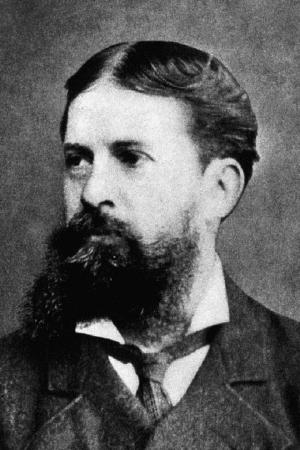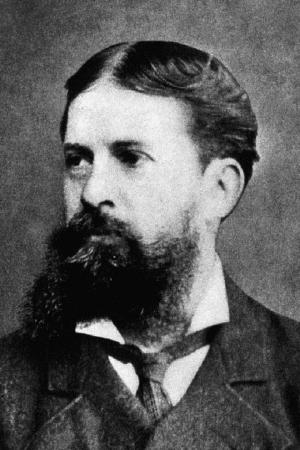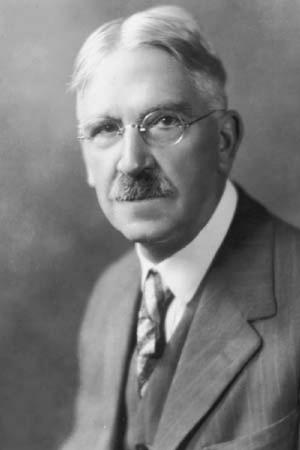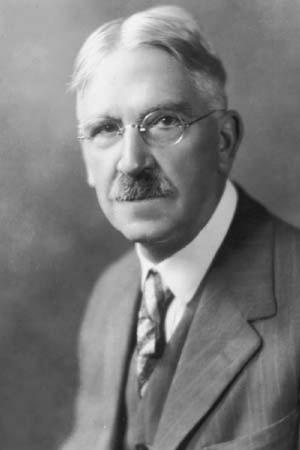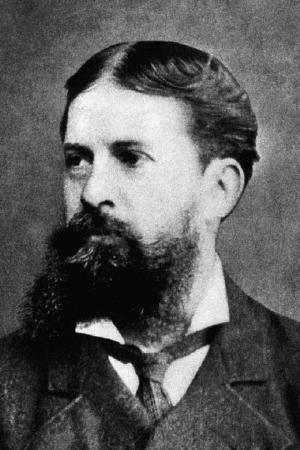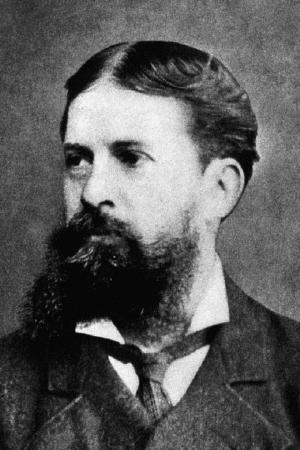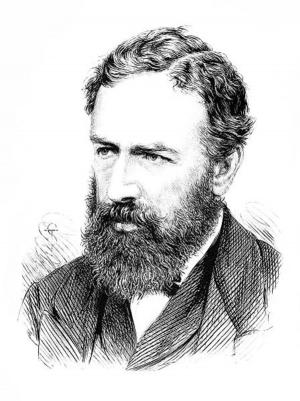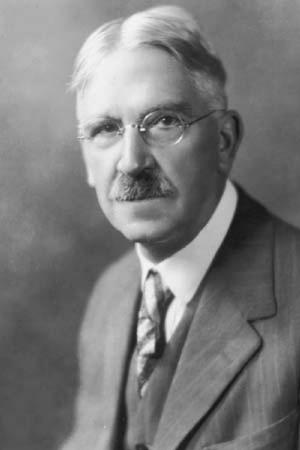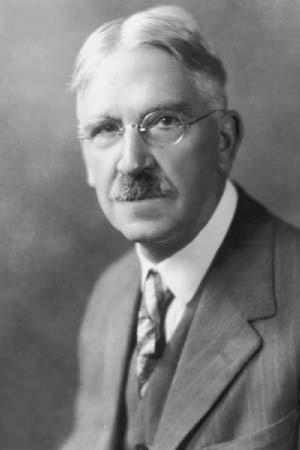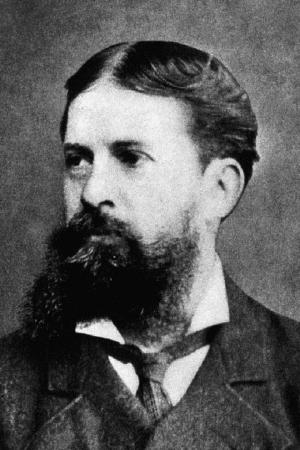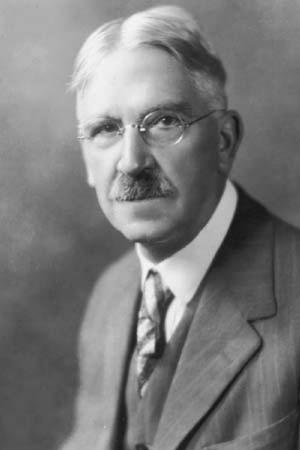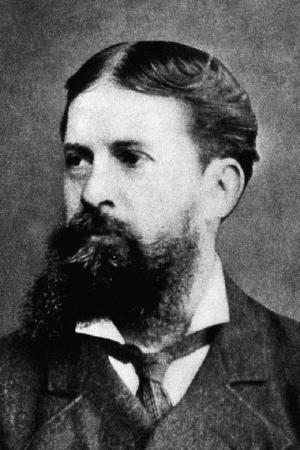Upon Logical Comprehension and Extension (Illustrated)
Business & Finance, Economics, Macroeconomics| Author: | Charles Peirce, Timeless Books: Editor | ISBN: | 1230001230161 |
| Publisher: | Timeless Books | Publication: | July 14, 2016 |
| Imprint: | Language: | English |
| Author: | Charles Peirce, Timeless Books: Editor |
| ISBN: | 1230001230161 |
| Publisher: | Timeless Books |
| Publication: | July 14, 2016 |
| Imprint: | |
| Language: | English |
The book has an active table of contents for readers to access each chapter directly.
In 1934, Paul Weiss, an American philosopher, the founder of The Review of Metaphysics, and the Metaphysical Society of America, called Charles Peirce "the most original and versatile of American philosophers and America's greatest logician".
In 1943, Webster's Biographical Dictionary added Charles Peirce’s introduction as "now regarded as the most original thinker and greatest logician of his time."
Max Fisch, a well-known writer of identity, individuality, responsibility, morality, and political commitment, commented Charles Peirce as the follow:
“Who is the most original and the most versatile intellect that the Americas have so far produced? The answer Charles S. Peirce is uncontested, because any second would be so far behind as not to be worth nominating. He was mathematician, astronomer, chemist, geodesist, surveyor, cartographer, metrologist, spectroscopist, engineer, inventor; psychologist, philologist, lexicographer, historian of science, mathematical economist, lifelong student of medicine; book reviewer, dramatist, actor, short story writer; phenomenologist, semiotician, logician, rhetorician and metaphysician.”
Without any doubt, Charles Peirce is in the row of the best minds with Henry George, William James, Thorstein Veblen, and Ludwig Wittgenstein.
In 1868, Charles Peirce published his foundational paper to his theory of scientific investigation UPON LOGICAL COMPREHENSION AND EXTENSION. In this paper, Peirce asserted his views about logical comprehension and extension as the follows:
“The historical account usually given of comprehension and extension is this, that the distinction, though taken in general terms by Aristotle, and explicitly announced with scientific precision by one, at least, of his Greek commentators, had escaped the marvellous acuteness of the schoolmen, and remained totally overlooked and forgotten till the publication of the Port-Royal Logic. I would offer the following considerations to show that this interpretation of history is not exactly true. In the first place, it is said that a distinction was taken between these attributes, as though they were previously confounded. Now there is not the least evidence of this. A German logician has, indeed, by a subtle misconception, considered extension as a species of comprehension, but, to a mind beginning to reflect, no notions seem more unlike. The mental achievement has been the bringing of them into relation to one another, and the conception of them as factors of the import of a term, and not the separation of them. In the second place it is correctly said that the doctrine taught by the Port Royalists is substantially contained in the work of a Greek commentator. That work is no other than Porphyry's Isagoge; and therefore it would be most surprising if the doctrine had been totally overlooked by the schoolmen, for whether their acuteness was as marvellous as Hamilton taught or not, they certainly studied the commentary in question as diligently as they did the Bible. It would seem, indeed, that the tree of Porphyry involves the whole doctrine of extension and comprehension except the names. Nor were the scholastics without names for these quantities. The partes subjectives and partes essentiales are frequently opposed; and several other synonymes are mentioned by the Conimbricenses. It is admitted that Porphyry fully enunciates the doctrine; it must also be admitted that the passage in question is fully dealt with and correctly explained by the mediæval commentators. The most that can be said, therefore, is that the doctrine of extension and comprehension was not a prominent one in the mediæval logic. “
This is a must-read book to understand the foundational thought of Philosophy, Logic, Positivism, and Science by Charles Peirce, one of the greatest philosophers and logicians in the world.
The book has an active table of contents for readers to access each chapter directly.
In 1934, Paul Weiss, an American philosopher, the founder of The Review of Metaphysics, and the Metaphysical Society of America, called Charles Peirce "the most original and versatile of American philosophers and America's greatest logician".
In 1943, Webster's Biographical Dictionary added Charles Peirce’s introduction as "now regarded as the most original thinker and greatest logician of his time."
Max Fisch, a well-known writer of identity, individuality, responsibility, morality, and political commitment, commented Charles Peirce as the follow:
“Who is the most original and the most versatile intellect that the Americas have so far produced? The answer Charles S. Peirce is uncontested, because any second would be so far behind as not to be worth nominating. He was mathematician, astronomer, chemist, geodesist, surveyor, cartographer, metrologist, spectroscopist, engineer, inventor; psychologist, philologist, lexicographer, historian of science, mathematical economist, lifelong student of medicine; book reviewer, dramatist, actor, short story writer; phenomenologist, semiotician, logician, rhetorician and metaphysician.”
Without any doubt, Charles Peirce is in the row of the best minds with Henry George, William James, Thorstein Veblen, and Ludwig Wittgenstein.
In 1868, Charles Peirce published his foundational paper to his theory of scientific investigation UPON LOGICAL COMPREHENSION AND EXTENSION. In this paper, Peirce asserted his views about logical comprehension and extension as the follows:
“The historical account usually given of comprehension and extension is this, that the distinction, though taken in general terms by Aristotle, and explicitly announced with scientific precision by one, at least, of his Greek commentators, had escaped the marvellous acuteness of the schoolmen, and remained totally overlooked and forgotten till the publication of the Port-Royal Logic. I would offer the following considerations to show that this interpretation of history is not exactly true. In the first place, it is said that a distinction was taken between these attributes, as though they were previously confounded. Now there is not the least evidence of this. A German logician has, indeed, by a subtle misconception, considered extension as a species of comprehension, but, to a mind beginning to reflect, no notions seem more unlike. The mental achievement has been the bringing of them into relation to one another, and the conception of them as factors of the import of a term, and not the separation of them. In the second place it is correctly said that the doctrine taught by the Port Royalists is substantially contained in the work of a Greek commentator. That work is no other than Porphyry's Isagoge; and therefore it would be most surprising if the doctrine had been totally overlooked by the schoolmen, for whether their acuteness was as marvellous as Hamilton taught or not, they certainly studied the commentary in question as diligently as they did the Bible. It would seem, indeed, that the tree of Porphyry involves the whole doctrine of extension and comprehension except the names. Nor were the scholastics without names for these quantities. The partes subjectives and partes essentiales are frequently opposed; and several other synonymes are mentioned by the Conimbricenses. It is admitted that Porphyry fully enunciates the doctrine; it must also be admitted that the passage in question is fully dealt with and correctly explained by the mediæval commentators. The most that can be said, therefore, is that the doctrine of extension and comprehension was not a prominent one in the mediæval logic. “
This is a must-read book to understand the foundational thought of Philosophy, Logic, Positivism, and Science by Charles Peirce, one of the greatest philosophers and logicians in the world.

